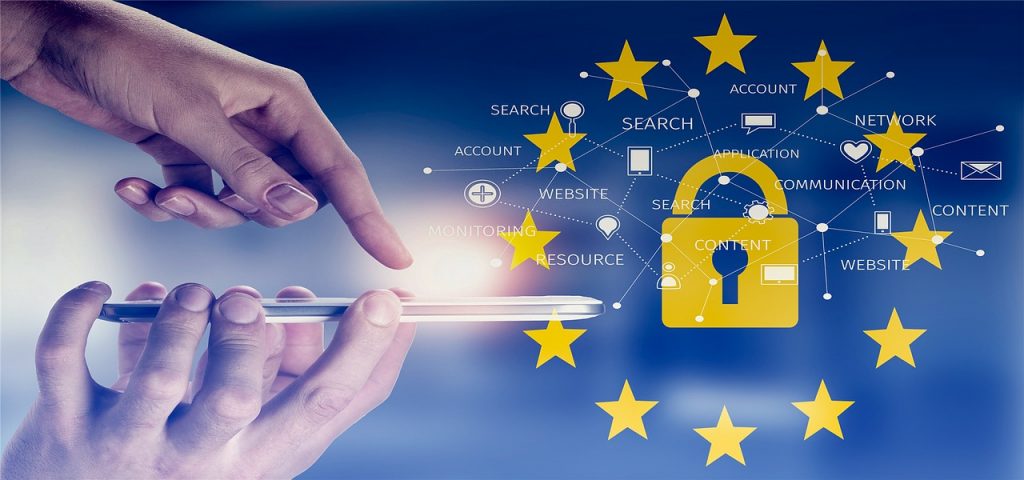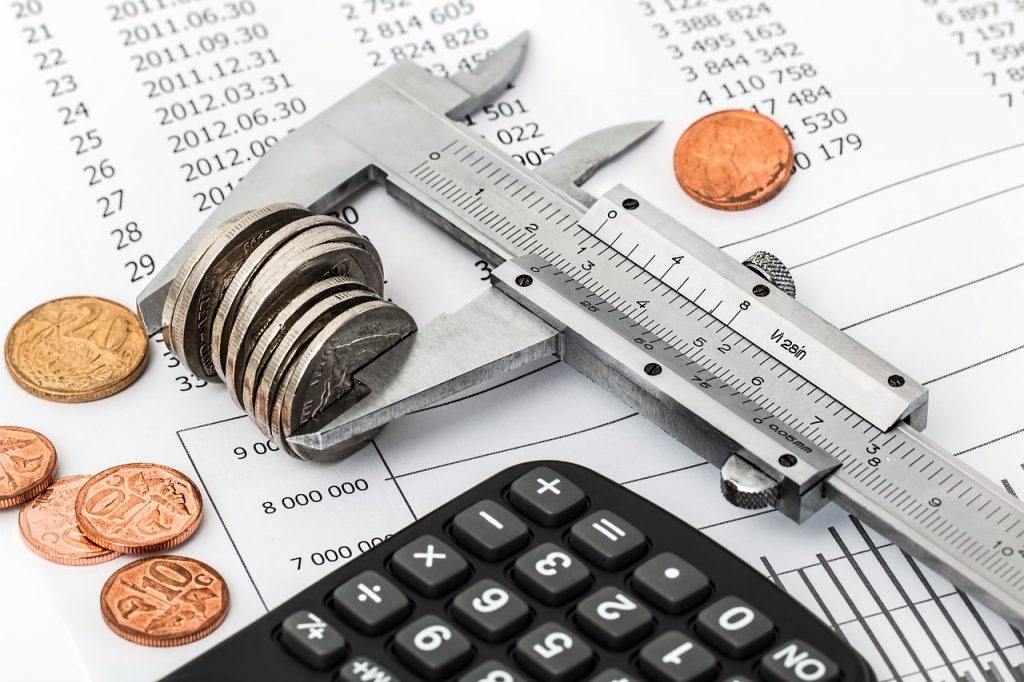Venmo Will Now Give Your Personal Information To The IRS
Think twice before you use Venmo, your info could be going to the IRS.
This article is more than 2 years old

The IRS is implementing new measures to track people’s transactions across various payment platforms. For those who use Venmo, Paypal, and CashApp, payment for goods and services must be reported to the IRS if the transactions exceed $600. Though proposed in 2021, this will not affect your 2021 taxes but will affect all earnings and transactions during 2022.
Before this decision, the IRS had a completely different outlook on payment applications. Since most apps are used to split meals and pay friends back for cab rides, the government agency didn’t need to surveil transactions closely. Now that Venmo and Paypal are widely utilized for employment, the IRS changed its payment app stance. Instead of reporting $20,000 through Venmo, the new provision needs people to report service payments that total $600 or more.
The IRS provision instructs every payment app to give its users a 1099-K for business transactions. If the user’s combined services exceed or meet the new limit, they must fill out the additional tax form. This does not include personal transactions like a coffee or birthday gift, but it does affect income like tips sent through Venmo. The provision is still in its beginning stages, so be on the lookout for new information provided by your cash app of choice.
Venmo changed its FAQ section to accommodate user questions surrounding the IRS provision. The addition provides more context on the 1099s and how Venmo will distribute them. Venmo may send an email or an in-app notification needing clarification or confirmation on a user’s tax info. This way, the onus won’t be entirely on the app users for tracking their service transactions.

Venmo also updated its money-sending feature. A new button should pop up when you decide to send someone money, letting you indicate if it’s personal or for goods/services. PayPal implemented something similar, helping users keep track of their payment intentions. Though this is an excellent addition for the IRS, the system only works on an honor code; Users can potentially be dishonest when they designate what type of payment is being sent or received.
Square’s Cash App is adjuting similarly and applying Venmo’s transaction differentiation. The company reported that the $600 minimum for transactions would only apply to those with Square business accounts and not personal ones. Square has not reported on how it will locate business transactions on personal accounts but may decide to implement more rigid verifications in the future.
The IRS will still need that tax information for those with side hustles, especially those renting out their apartments through Airbnb. Unfortunately for those making bigger bucks, the $600 minimum will not let their side income go untaxed. 1099s must be filled out for anyone using a site to accrue money that exceeds the IRS provision.
Making sure your money is taxed correctly is part of being an American. For those relying on Venmo as an untaxed avenue, those days are over. Payment applications and websites will all have up-to-date guidelines to accommodate users getting used to the provision in the coming months.




